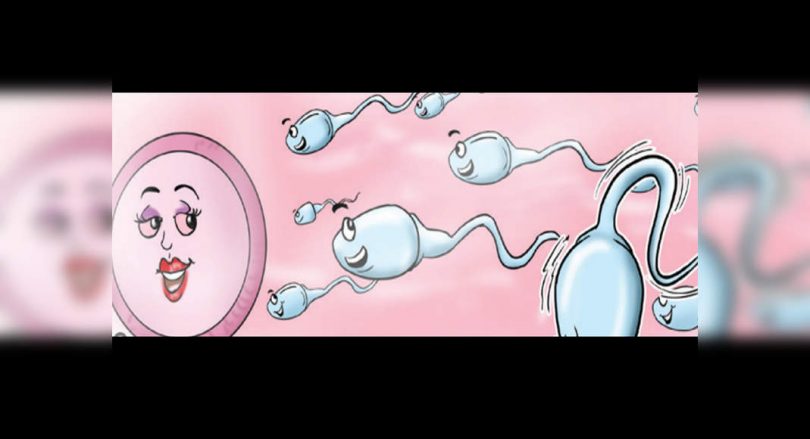AHMEDABAD: An international study – consisting of researchers from the Netherlands, Australia, Latvia, UK, Argentina and India – on severe sperm motility disorder (ability of organisms to move independently) found six new genes responsible for the phenomenon.
The broader implications of the study indicate the issue passing from generation to generation.
Dr Harsh Sheth from city-based FRIGE’s Institute of Human Genetics and one of the authors of the study said that they found six new genes – DNAH12, DRC1, MDC1, PACRG, SSPL2C and TPTE2 – in addition to the already known genes responsible for the very low sperm motility – generally caused by underdeveloped tail of the sperm.
It’s the tail that helps a sperm move towards the egg.
“We focused on men with a specific sperm defect identified as asthenozoospermia, meaning sperms with low to no movement.
Samples from Argentina and Australia were analyzed for the study.
The findings explain the cause in more than 60% of the cases,” said Dr Sheth.
“The study is significant as it used exome analysis where every single letter of the DNA that codes for proteins is analyzed.
We don’t have any such study at present in India.” He said that in a majority of such cases, the couples go for IVF.
“It circumvents the issue – but it may run down the generation.
Currently, there is no treatment available for it.
But it can help the experts to decide on procedures for the fertility treatment,” he said.
IHG is currently running a project funded by ICMR where the experts will analyze samples from 200 patients with sperm-related infertility and would try to assess its genetic causes.
The present study would help compare the results with global findings and develop treatments.
Internationally, about one in 60 males face issue of infertility, said experts.
Due to socio-psychological reasons, several of these issues don’t come to light, they added.







